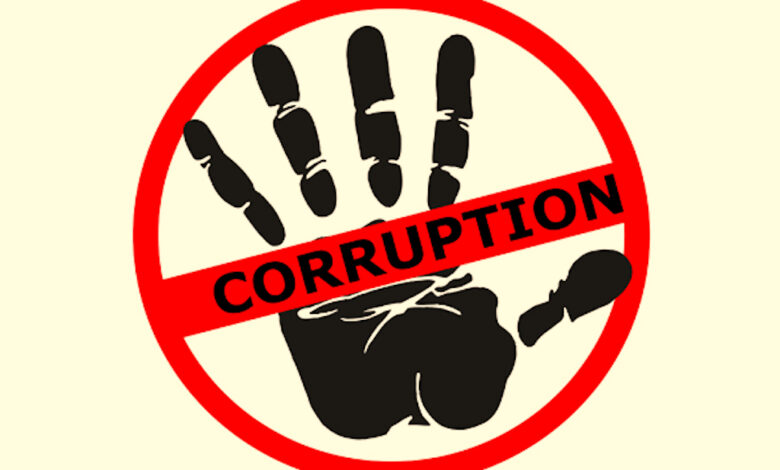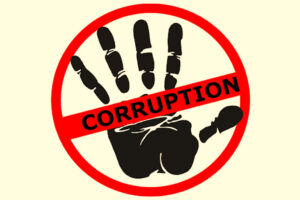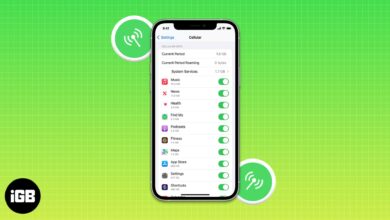

Corruption has been and is still a big problem in Nigeria ever since the country got independence in 1960. While there have been attempts to curb corruption. especially under the present administration of president Muhammadu Buhari. Corruption still continues to be a serious case study in the country.
The Military Rule
After a series of coups and forceful takeovers of power, General Sani Abacha took power in 1993. President Muhammadu Buhari got elected through democratic elections after Abacha’s death; he was voted out of office. However, due to his poor governance and subsequent death of Nigerians during his regime. Before he lost office, Buhari sold off state-owned companies and fueled corruption on many levels.
When Olusegun Obasanjo took over as president, he vowed to fight corruption but was unable to stem its growth. He eventually resigned from office before serving out his term. In 2007, Umaru Musa Yar’Adua became president and served until his death in 2010. He had been ill for some time prior to taking office. He still remains one of the best ruler the country has experienced though he only ruled for a short period. His vice president, Goodluck Jonathan, then assumed leadership of Nigeria until 2015 when Muhammadu Buhari took power again. In February 2016, Nigerian President Muhammadu Buhari won re-election by a landslide victory with more than 15 million votes.
The Colonial Period
When Nigeria gained independence from Britain in 1960, public officials were sent to England for training. What ended up happening, however, is that Nigerian leaders began emulating their colonial masters. Just within two years of independence, one study found that 83% of those who worked at senior levels had taken a bribe. President Nnamdi Azikiwe also sacked several ministers over allegations of bribery and embezzlement. The Nigerian parliament has been responsible for investigating several prominent figures over allegations of corruption. Including former president Olusegun Obasanjo and former vice president Atiku Abubakar.
The Post Military Rule
Within 1966 and 1999, Nigeria experienced continuous military rule. Throughout all of this, there was steady erosion in civic rights and liberties until 1999 when a civilian government took office for the first time since independence. As soon as it did, several key figures from previous governments went on trial for corruption charges; many faced prison time for their crimes including stealing public funds to buying officials on behalf of multinational companies.





